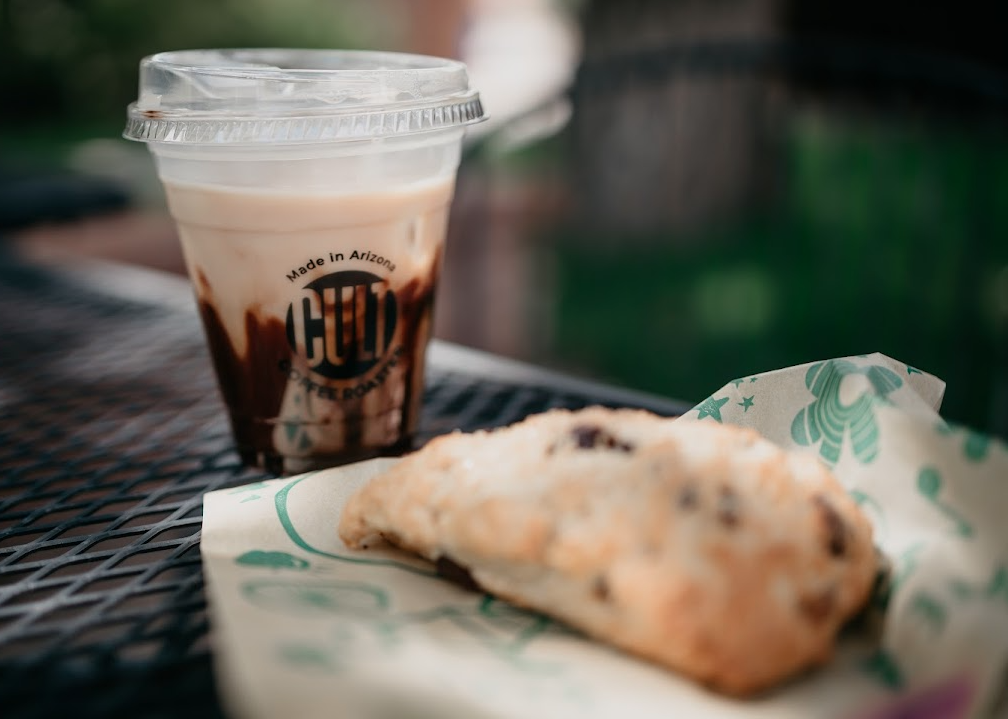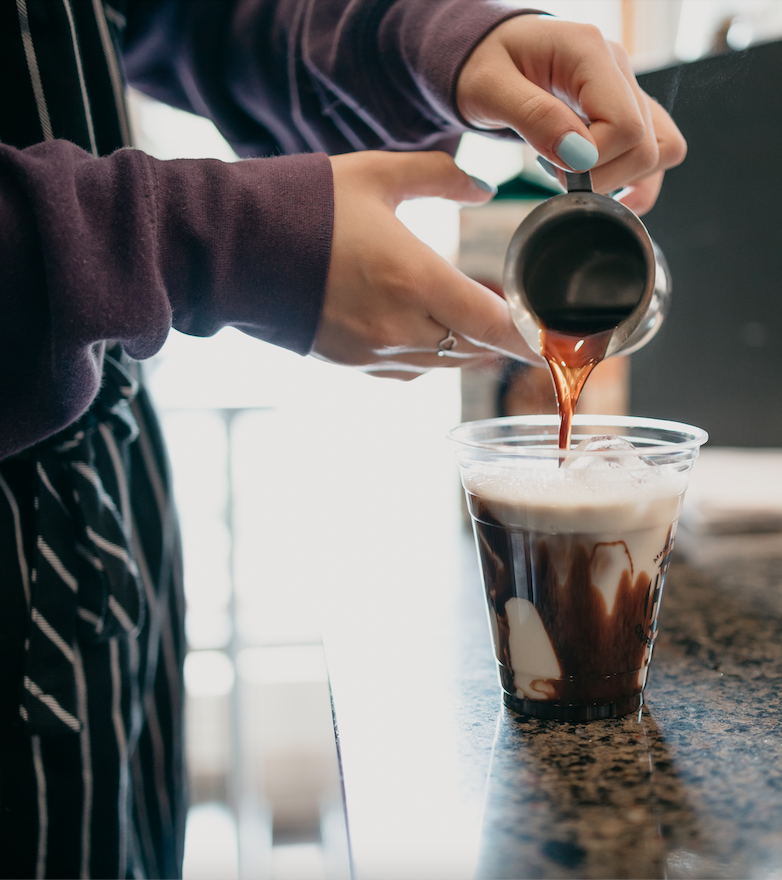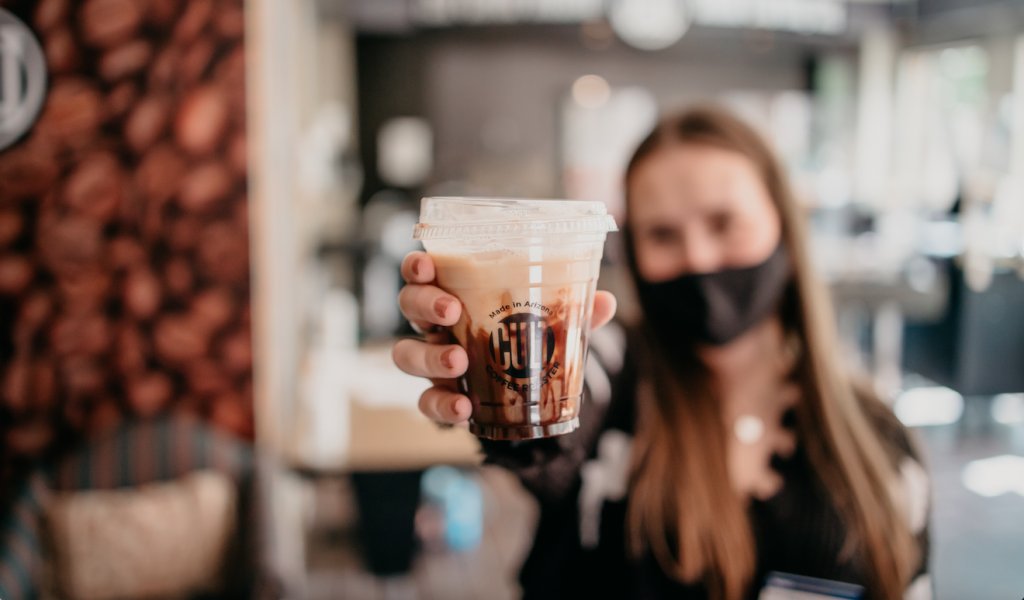 By Eason Lillard
By Eason Lillard
Senior studying public health
UCAN Office Manager
You really didn’t want to get up this morning. I know. But there’s one thing that makes it all better—COFFEE. If you’re anything like me, it’s that first cup of joe that helps you start your day out right.
It’s the perfect drink. The iced coffees got us through the hot months and now, as the season starts to change, we turn to hot coffee to warm up. This amazing beverage is so versatile. In seasons of uncertainty, coffee is always there, holding us together. And this Wednesday, Sept. 29 we celebrate you, coffee, on National Coffee Day. Thanks for always being there.

In fact, coffee drinkers could have a longer lifespan. Studies have shown that coffee drinkers are less likely to die from coronary heart disease, stroke, diabetes and kidney disease. People who drink one or two cups of coffee a day may reduce their risk of heart failure. Coffee drinkers may also be able to process glucose (sugar) better than non-coffee drinkers, which helps prevent the development of Type 2 diabetes.
Now I don’t know about you, but coffee is starting to taste even better. But wait, there’s more!
Regular and decaf coffee have been shown to have a protective effect on your liver. Coffee drinkers are more likely to have a healthier range of liver enzyme levels than individuals who do not drink coffee.
And to nerd-out even further, dark roast coffee decreases breaks in your DNA strands. These breaks occur naturally but can lead to cancer and tumors if they are not repaired by your cells.
But before you start gulping it down by the gallons, hold up. Drinking too much caffeinated coffee can make you jittery and cause an increased heart rate, raised blood pressure, anxiety and trouble falling asleep. The recommended intake of caffeine a day is around 400 milligrams which equals around three to five cups of coffee a day (depending on the strength).

All things in moderation, amirite?
But, if you’re concerned about it, like you have a personal history or family history of heart disease, you can substitute milk or a milk substitute, or you can add sweet spices into it such as vanilla extract, cinnamon or cocoa powder.
Remember that everyone’s tolerance level to caffeine varies since it is technically a drug and only you can decide what intake is best for your short-term and long-term health. For most coffee fanatics, it’s best to enjoy your last cup no later than around 4 p.m. to ensure a good night’s sleep.
But it’s still early, so until then, everyone grab your cup of coffee and let’s raise our mugs. Cheers to the best day—National Coffee Day!
Did you know NAU has its own café run by School of Hotel and Restaurant Management students? View the photo gallery.




